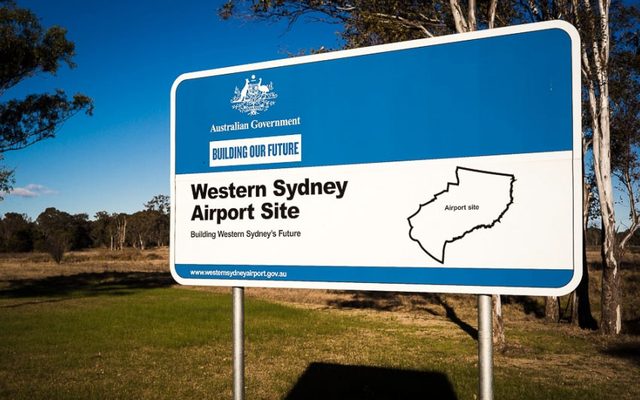This article is from the Australian Property Journal archive
SYDNEY-based private property developer Ralan Group has collapsed with debts of half a billion dollars, putting its pipeline of developments on hold, including the $1.4 billion Ruby tower on the Gold Coast.
Ralan has appointed Grant Thornton’s Said Jahani, Phil Campbell-Wilson and Graham Killer as voluntary administrators.
Founded in 1998 by British William O’Dwyer, Ralan specialises in the development, marketing and management of residential and commercial property in Sydney and the Gold Coast. The group’s development pipeline has over 3,000 residential units that are in the construction or pre-sales stage, as well as operating accommodation assets of more than 600 rooms.
Overnight, the company emailed stakeholders to inform them the $1.4 billion Ruby tower, which started construction last year, would be put on hold.
Jahani, Grant Thornton’s financial advisory national managing partner, said the administrators are undertaking an urgent financial assessment of the group and would hold a first meeting of creditors shortly.
Although the total value of creditors is still to be confirmed, initial indications show the company owes around $500 million.
“While we are still conducting our initial investigation, there are a range of small to large creditors,” Jahani said. “In terms of the operating businesses within the Group, it is as far as possible, business as usual. We are working closely with key stakeholders to identify and preserve value for creditors.”
Ralan becomes the second major developer to collapse in just a few weeks. Melbourne-based Steller was placed into receivership earlier last month.
Steller once had a $4.2 billion pipeline of apartment projects, with a heavy presence in Melbourne’s middle suburbs, but fell under the weight of expensive debt from hedge fund OCP Asia in a weakened apartment market.
Difference between founders Nicholas Smedley and Simon Pitard are also believed to have played a role.
The collapse triggered the listing of several sites it had earmarked for development, including 200 Wells St in South Melbourne, for which it paid $23.4 million less than two years ago, and the Continental Hotel in Sorrento, abandoning its partnership with Julian Gerner to make over the iconic venue midway through the $80 million project.
As well as Wells St, OCP has taken control of sites in Hampton and Richmond, and lender Atlas Advisors took possession of 16 sites it has first mortgage over, including the former Greyhound Hotel site in St Kilda, and properties in Cheltenham, Highett, Preston and Keilor.
While 13 entities associated with Steller have been placed into the hands of receiver McGrathNicol, Pitard has sought to keep the construction arms afloat.
“The construction entities will not be affected by this process, thereby allowing us to continue to deliver the 300-odd apartments and townhomes that are currently under construction across the portfolio,” he told the Australian Financial Review this week.
The downfall of the two companies highlight the difficult conditions faced by developers. Recent JLL data shows the number of apartments being marketed rose 7% in the June quarter, but is still 34% lower year-on-year. The total number of apartments in the supply pipeline at all stages of development is 21% lower over the past year, and a massive 46% below the late-2016 peak.
The failures of Ralan and Steller are the biggest since Becton’s collapse at the tail end of the GFC in 2013, with debts of approximately $200 million owed to the Goldman Sachs and Fortress Investment Group consortium.
Becton founder and highly respected Melbourne property identity Max Beck, who established the company in 1976 along with Michael Buxton, blamed the fall on the company taking on $584 million of debt as part of a 2007 deal in which it took on the assets of Australian Capital Reserve and Estate Properties, which itself had collapsed owing more than $330 million.
ACR and Estate Properties was one of a string of high-profile property investment companies that went belly up including Fincorp and Westpoint. Its portfolio included nine apartment projects in Sydney and Melbourne; seven undeveloped greenfield sites in New South Wales; and one near complete commercial office development also in NSW, which Becton predicted would return an end value of around $900 million on their investment.




